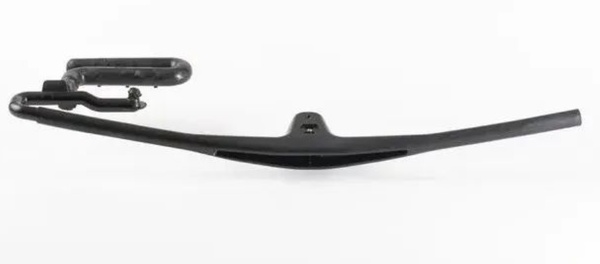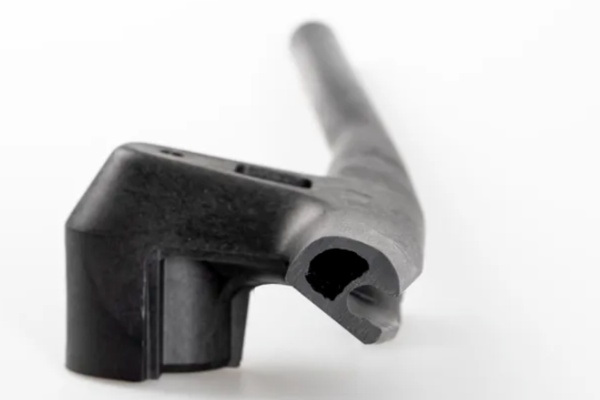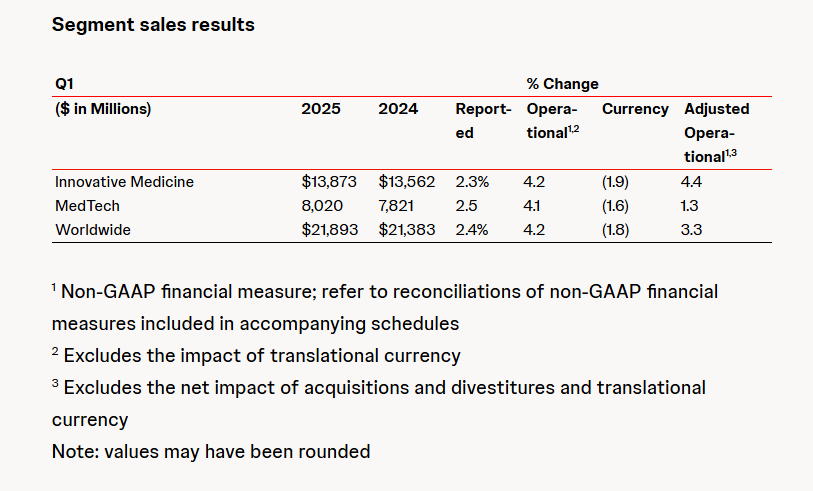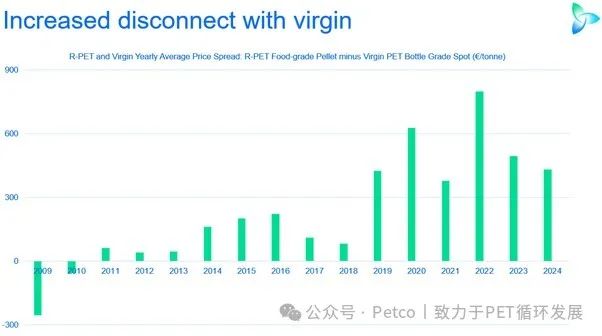Engel's innovative bicycle handlebars for Canyon Bicycles
At the JEC World exhibition held in Paris from March 4 to 6, 2025, ENGEL showcased three products that made it to the finals of the JEC Innovation Awards. The injection molding machine manufacturer, headquartered in Schwertberg, Austria, demonstrated its innovative injection molding capabilities in the field of lightweight structures. One of the highlights of the show was the live production of an innovative bicycle handlebar for Canyon Bicycles, which utilized a tie-bar-less ENGEL victory injection molding machine, combined with fluid melt process and local fiber reinforcement technology.

Innovative Bicycle Handle Production: The Integration of Powerful Technologies
One of the main highlights of the exhibition was a newly designed bicycle handlebar produced on-site, developed in collaboration with Canyon Bicycles. The handlebar was manufactured on a tie-bar-less Engel victory 180 injection molding machine, combining Fluidmelt Technology and Organomelt Technology, and using semi-finished products reinforced with continuous fibers.
Fluid Melt Technology: Flexibility of Technology and Design

Fluid melting process produces hollow structures by injecting water or nitrogen. In this process, the molten core of the component is squeezed into an overflow chamber or returned to the plasticizing unit, thus forming a hollow structure inside the component. At the JEC World exhibition, this process was demonstrated using gas injection and an overflow chamber. After the cooling phase is completed, the hollow handle can be removed from the mold. Due to its geometry, this method can produce extremely lightweight structures with high bending and torsional stiffness. In fact, fluid melting is ideal for creating hollow areas, complex pipe structures, or avoiding shrinkage deformation. Fluid injection technology helps you produce molded components with significantly large or varying wall thicknesses without surface defects.
Organic melting technology: stability in lightweight structures
The use of continuous fiber reinforced semi-finished products further enhances the mechanical properties of the bicycle handle. The component itself is made of glass fiber reinforced polyamide 6 to ensure the necessary stiffness and strength. By placing 4 UD carbon fiber tapes into the mold during the injection molding process, the component, despite being a thin-walled and hollow structure, can withstand high loads. This innovation represents a significant advancement over traditional aluminum and thermoset handles, making it economically viable for production in Europe while also reducing environmental impact.
【Copyright and Disclaimer】The above information is collected and organized by PlastMatch. The copyright belongs to the original author. This article is reprinted for the purpose of providing more information, and it does not imply that PlastMatch endorses the views expressed in the article or guarantees its accuracy. If there are any errors in the source attribution or if your legitimate rights have been infringed, please contact us, and we will promptly correct or remove the content. If other media, websites, or individuals use the aforementioned content, they must clearly indicate the original source and origin of the work and assume legal responsibility on their own.
Most Popular
-

Overseas Highlights: PPG Establishes New Aerospace Coatings Plant in the US, Yizumi Turkey Company Officially Opens! Pepsi Adjusts Plastic Packaging Goals
-

Abbott and Johnson & Johnson: Global Medical Device Giants' Robust Performance and Strategies Amid Tariff Pressures
-

BYD releases 2024 ESG report: Paid taxes of 51 billion yuan, higher than its net profit for the year.
-

Behind pop mart's surging performance: The Plastics Industry Embraces a Revolution of High-End and Green Transformation
-

The price difference between recycled and virgin PET has led brands to be cautious in their procurement, even settling for the minimum requirements.



